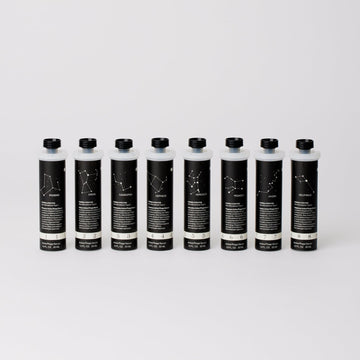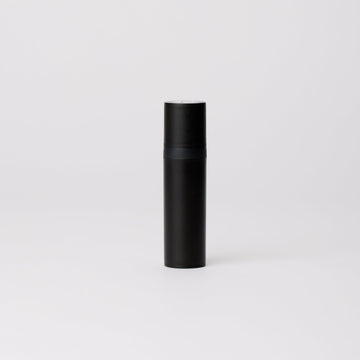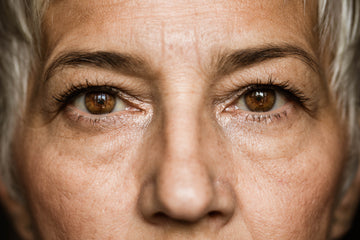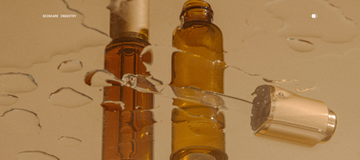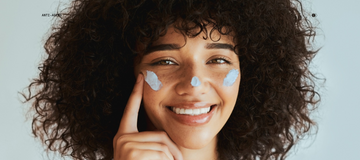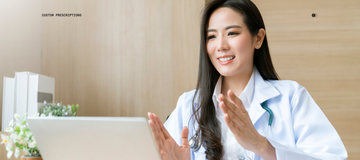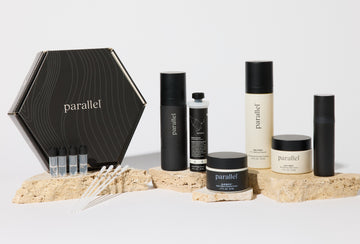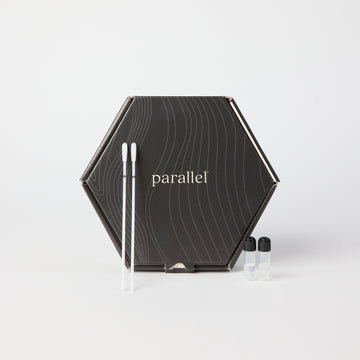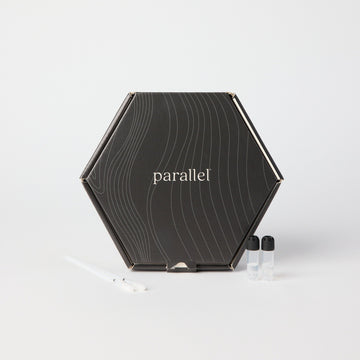Hi Dr. Patel! Tell me about yourself: Where did you grow up? Where are you now?
I grew up in Virginia, where I also did my medical school training. I continued my education at Duke for my dermatology residency and then did my fellowship in Houston to sub-specialize in Mohs micrographic surgery. Currently, I practice both general dermatology and micrographic surgery in the Pacific Northwest. I enjoy the breadth of helping patients maintain healthy skin while addressing skin diseases and the hands-on aspect of dermatologic surgery for skin cancer.
What experiences inspired you to go into medicine? Did you have an interest at a young age?
I was fascinated by science, and specifically biology, when I was younger. It is a dynamic field and I was naturally curious to learn more about human biology as I progressed through my educational path. I don’t come from a family of physicians so deciding to go into medicine was a new track for me. It was a challenging learning process and a long journey to acquire the foundational knowledge base to see and treat patients safely and effectively. I thoroughly enjoyed my journey to where I am today as I continually learn new discoveries and therapeutics to provide the best care for my patients.
What was most surprising to you while training?
As a trainee, I realized how intricate and complicated our healthcare system is, with bureaucratic burdens that can be prohibitive to physicians trying to take care of patients. I was really surprised by how much time, energy, and resources are spent on the administration side of medicine in the US. At times, it can be frustrating when you are trying to take care of a patient but have to spend a significant amount of time addressing paperwork.
For medical students wanting to go into dermatology, what’s one piece of advice you would give?
Keep an open mind. Regardless of what speciality you choose, at the core, you want to be the best physician you can be. That entails you learning and taking in all of medicine as a medical student. If you ultimately decide to specialize in a field like dermatology, you don’t want to forget all you have learned throughout your entire journey. Absorb as much as you can as a student and always have the mindset to never stop learning.
Even though you’re a dermatologist, you recommend learning as much as you can in the interest of your patients’ health. How does that impact your philosophy around medicine and treating patients?
Although I specialize in skin health and skin diseases, I try to take into account the patient's global health. I try to offer patients assistance in getting established with a primary care physician or another sub-specialist. I’m always happy to connect them with another healthcare provider. Another thing I'll say is to know when to ask for help or say when you don’t know the answer. That’s the beauty of medicine – everyone does specialize within their own domain, whether it be internal medicine or pediatrics. When you go into your own knowledge base, you know a lot about that particular sub-specialty so it’s okay to say when you don’t know and when to call colleagues to get back to your patients.

When you were deciding on a specialty, at what point did you realize you wanted to go into dermatology?
I was initially thinking of pediatrics because I enjoy working with children. But, I kept a very open mind when I started clinical rotations to give every branch of medicine a fair chance. I happened to work at a pediatric dermatology clinic during my third year of medical school and I found it was a very unique balance of seeing and treating the patient in person. In other specialities, a lot of decisions are made by just looking at a computer screen and analyzing labs. However, I found it fascinating that decision making in dermatology is entirely incorporated into examining and talking to patients to get a better sense of the patient.
What is your favorite thing about working as a clinician?
I really like getting to know patients – whether it’s kids who are struggling with acne or eczema or patients struggling with other skin diseases. I enjoy getting to know patients on a deeper level beyond what their medical chart shows.
On the other hand, what’s the most challenging aspect?
There are a lot of administrative tasks and burdens that are required to provide care for patients that are sometimes frustrating. Sometimes you want to prescribe a specific medication but because of insurance roadblocks, it won’t get approved. So, you need to take a lot of non-clinical time to get the medication to the patient.
Outside of the clinic, what made you want to join Parallel?
I am fascinated about innovative theories, techniques, and technology-based solutions shifting ways we approach healthcare and, in particular, new paradigms of how we diagnose and treat patients. We have accumulated a vast understanding of cutaneous biology, but there is still a lot to uncover about the relationship of our skin with its microbiome. When I met Natalise and Nathan, we had exciting conversations about unlocking and discovering the potential of our skin microbiome. We share a collective vision for growing Parallel and are motivated to learn along this journey.
Now that you have worked closely with Natalise and Nathan for a while, how do you envision Parallel’s products impacting the field of dermatology/skin health?
A lot of skin conditions, including acne and rosacea, have a microbial basis to them. Traditionally, we have used the same approaches over the past several decades by using broad-spectrum, non-directed therapies to reduce the bacteria that lead to inflammation. But, perhaps we can be more precise in how we want to treat skin conditions. We have demonstrated that recently so it’s only a matter of time where we can treat common skin conditions with targeted methods. I’m most excited about how Parallel’s technology can help us discover our microbiome ecosystem and how certain shifts in this ecosystem can cause skin disease. In addition, coupling this data with our precise phage serums that only target pathogenic bacteria (while preserving healthy bacteria) has the potential to shift how dermatology approaches certain skin diseases.
In the clinic, patients come to you asking for recommendations and advice. What are some of the skin care myths you often debunk?
The biggest myth is that “skincare is complicated.” It can be as simple as using a gentle moisturizer with sunscreen to protect from daily UV radiation. Some patients come to me using many different products, but I think skincare can be simple and effective if you’re guided by skincare experts, like dermatologists, as well as data, like the data you would get from conducting a skin microbiome test with Parallel.
What do you enjoy doing in your free time when you’re not in the clinic or working with Parallel?
I really enjoy the outdoors, especially hiking in the mountains. I love to stretch my legs and explore nature. My second passion is basketball as I grew up playing basketball.
The journey to being a physician is busy with a tough work load. How have you maintained a work-life balance?
You have to be very intentional about time management. That includes spending time both dedicated to your work in the clinic and outside of the clinic. In terms of finding the right balance, it’s about giving yourself time to de-stress and re-energize with yourself, family and friends.
Lastly, if there’s someone out there who wants to be you when they grow up, what would you say to them?
I doubt there is anyone out there that wants to be me, Catie. But I would say to keep an open mind about whatever career path you choose. Don’t feel like you have to rush to the decision. Take your time in making the right decision for you. You should always keep your doors open – whether you meet a friend, family member, or colleague. Whether they’re older or younger or in a different or same career path, there’s always something to learn from another individual.
Questions? Ask at questions@parallelhealth.io.
About Parallel
A parallel world lives amongst us: the microbial world. This world impacts not only our lifespan, but also our healthspan.
Our mission is to empower people with real science to make meaningful skincare decisions to improve their healthspan, mental well-being, and self-confidence.
Parallel is a next-generation skin health company providing effective, personalized skincare and testing, powered by genomics, skin microbiome science, and machine learning.




